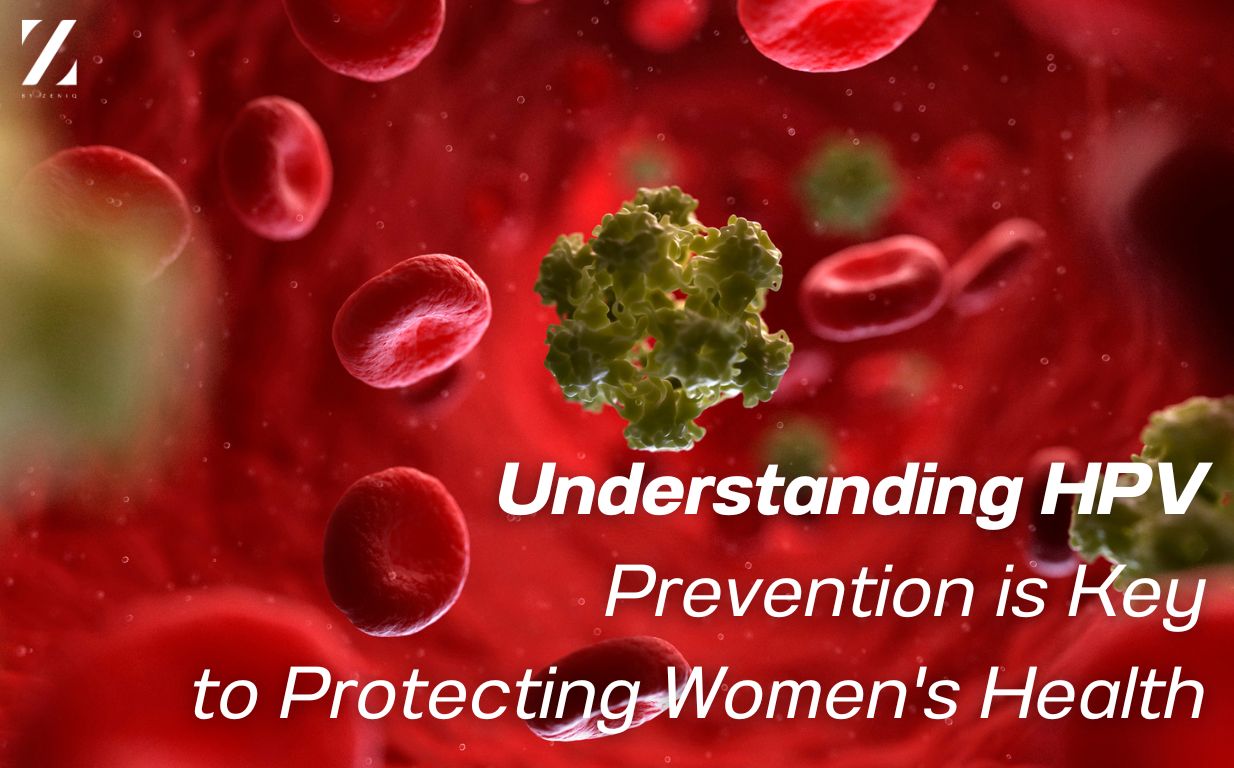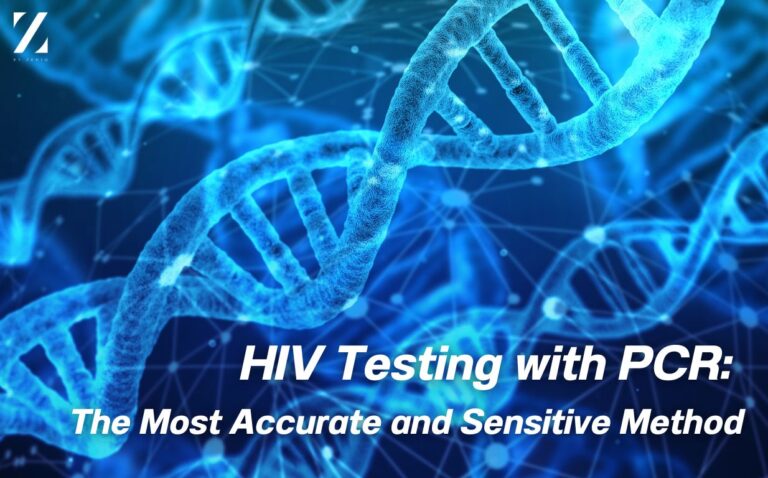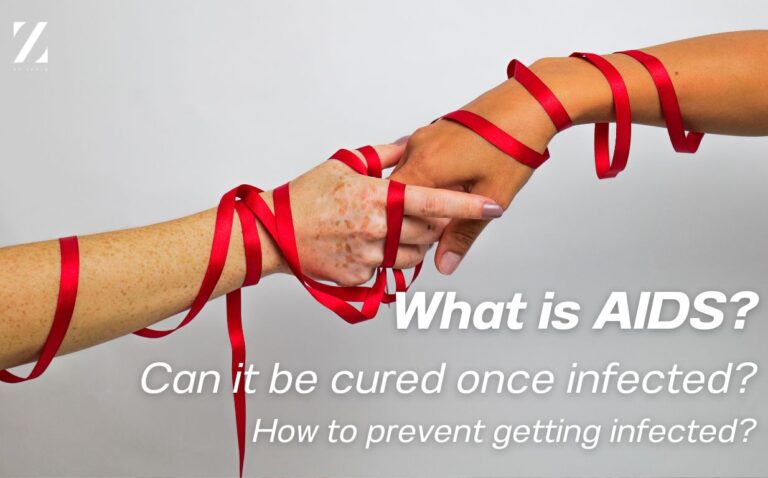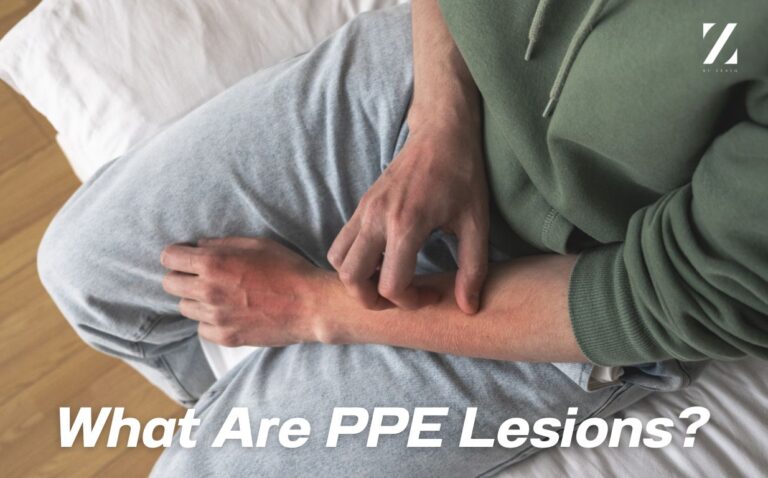HPV (Human Papillomavirus) is a silent yet dangerous threat to women’s health. Transmitted primarily through sexual contact, the virus can lead to severe complications such as cervical cancer if left untreated. Fortunately, HPV is preventable through vaccination and regular health screenings. It’s essential to educate ourselves about HPV and take preventive measures before it’s too late.
What is HPV? A Sexually Transmitted Virus to Be Aware Of
HPV is a group of more than 100 related viruses, many of which can cause infections in the skin and mucous membranes, including the genitals, mouth, and throat. The virus is typically transmitted through sexual contact, including vaginal, anal, and oral sex. Among these, certain high-risk strains—particularly types 16 and 18—are known to cause cell changes that may lead to cancer, including cervical cancer.
Can Men Get HPV?
HPV is not limited to women. Men can also contract the virus, which can lead to severe health conditions, including anal cancer, oral cancer, and throat cancer. Additionally, HPV can cause genital warts (condyloma acuminata), small growths that appear in the genital and anal areas. Men, especially those who have sex with men, are at an increased risk due to the higher likelihood of anal intercourse.
How is HPV Transmitted?
HPV is primarily spread through unprotected sexual contact, including vaginal, anal, and oral sex. The virus can also be transmitted through skin-to-skin contact or by sharing personal items, such as towels or razors, with someone infected. One of the dangers of HPV is that many people do not show symptoms in the early stages, making it easy to unknowingly pass the virus to others.
Symptoms of HPV Infection
Most people infected with HPV do not experience any noticeable symptoms, as the body often clears the virus on its own. However, some may develop warts, including:
- Common warts: Small, rough bumps on the skin, often found on the hands, fingers, or elbows.
- Flat warts: Small, smooth, flat lesions that can appear on any part of the body.
- Genital warts: Soft, flesh-colored growths that appear in the genital and anal areas. These may cause itching but are typically not painful.
- Plantar warts: Hard, thickened bumps on the soles of the feet that can be painful when walking.
Not all HPV infections lead to warts, and in some cases, warts may resolve on their own. However, persistent infections with high-risk strains of HPV can lead to more severe health issues, including cancer.
Who is at Risk for HPV Infection?
HPV is highly contagious and can be transmitted easily through sexual contact. Individuals at higher risk for infection include:
- Those with multiple sexual partners or those who frequently change partners.
- Adolescents and young adults, particularly those in their reproductive years, due to an immune system that is still developing.
- Individuals with open cuts or abrasions, which allow HPV to enter the body.
- People with weakened immune systems, such as individuals living with HIV or those undergoing cancer treatment or organ transplants.
- Individuals who come into direct contact with HPV-infected surfaces, such as in public showers or swimming pools.
HPV Testing and Screening
To help detect HPV infections early, women are encouraged to undergo regular cervical screenings (Pap smears) and HPV testing. These tests can detect high-risk strains of HPV that are linked to cervical cancer, as well as other sexually transmitted infections like chlamydia and gonorrhea.
If your HPV test results are positive, consult with a healthcare provider for further advice and follow-up care.
Treatment for HPV Infections
While there is no cure for HPV, treatments are available for the conditions it causes, such as warts and abnormal cell changes. For genital warts, treatment options include:
- Topical medications or freezing (cryotherapy) to remove warts.
- Laser treatments or surgery for larger or persistent warts.
In cases where HPV causes abnormal cell changes that may lead to cancer, doctors may recommend close monitoring, medication, or, in severe cases, surgical removal of abnormal tissues.
How to Prevent HPV Infection
Several strategies can help protect against HPV and the diseases it causes:
- HPV Vaccination: Both boys and girls aged 9-26 should receive the HPV vaccine to protect against the strains most commonly linked to cervical cancer and genital warts. Even those who have already become sexually active can benefit from vaccination.
- Regular Health Screenings: Women should undergo routine Pap smears and HPV testing, particularly between the ages of 21 and 65. Men should see a doctor if they notice any symptoms, such as genital warts.
- Condom Use: Consistently using condoms during sexual intercourse can significantly reduce the risk of HPV and other sexually transmitted infections.
- Avoid Direct Contact with Warts: If you have warts, avoid touching them or sharing personal items to prevent the spread of the virus.
- Maintain Good Hygiene: Wash your hands frequently and keep your body clean to reduce the likelihood of HPV transmission.
Avoid High-Risk Public Areas: Wearing shoes in public showers or pools can reduce the risk of coming into contact with HPV.
Conclusion
HPV is a common sexually transmitted infection that can lead to serious health complications, particularly cervical cancer. Although most people with HPV do not experience symptoms, the virus can be prevented through vaccination, regular health screenings, and safe sexual practices. If you are at risk or concerned about HPV, it’s important to consult with a healthcare provider.
For comprehensive screening and prevention services, Z by Zeniq specializes in the early detection and prevention of sexually transmitted infections. Offering accurate HPV testing, expert medical consultations, and the HPV vaccine, Z by Zeniq is dedicated to providing high-quality, professional care to safeguard your health.




